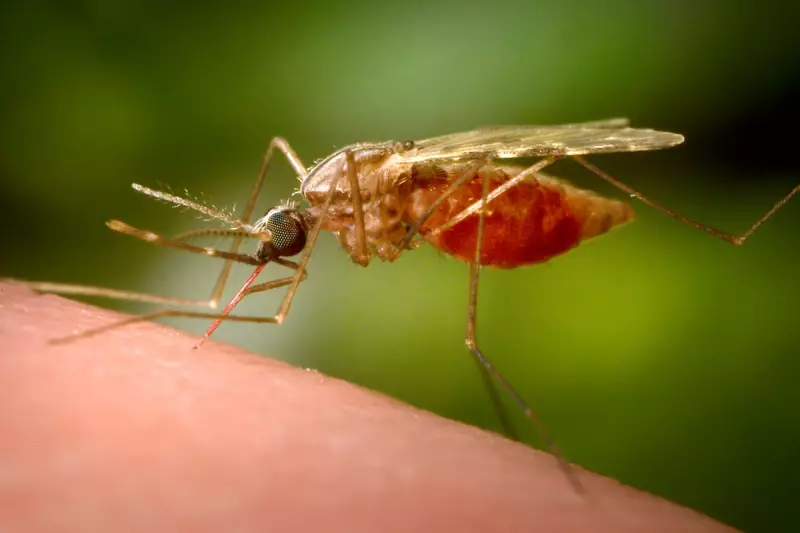
Health officials in the UK have raised concerns over the potential spread of the chikungunya virus, a mosquito-borne disease that has seen a surge in cases worldwide. The UK Health Security Agency (UKHSA) has issued guidance to healthcare providers to remain vigilant for symptoms, particularly among travellers returning from affected regions.
What is Chikungunya?
The chikungunya virus is transmitted to humans through the bite of infected Aedes mosquitoes, primarily Aedes aegypti and Aedes albopictus. While the disease is rarely fatal, it can cause severe and debilitating symptoms, including:
- High fever
- Joint pain and swelling
- Muscle pain
- Headache
- Rash
Rising Global Cases
With increasing global travel and climate change expanding the habitat of disease-carrying mosquitoes, the risk of chikungunya spreading to non-endemic regions, including parts of Europe, has grown. The UKHSA has noted a rise in imported cases, prompting heightened surveillance.
Prevention and Advice
To reduce the risk of infection, travellers to tropical and subtropical regions are advised to:
- Use insect repellent containing DEET
- Wear long-sleeved clothing
- Stay in accommodations with screened windows or air conditioning
- Avoid stagnant water where mosquitoes breed
While there is no specific treatment for chikungunya, symptoms can be managed with rest, hydration, and pain relief medication. The UKHSA urges anyone experiencing symptoms after travel to seek medical advice promptly.





